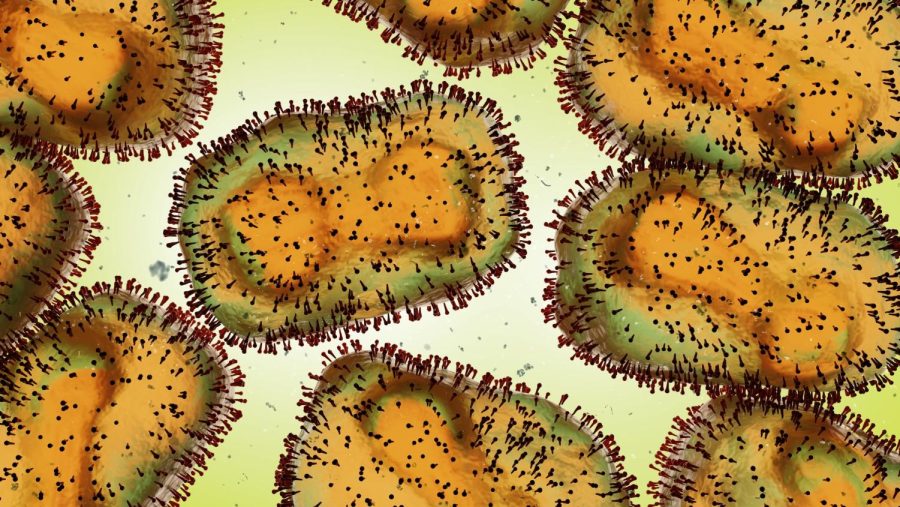Monkeypox declared a global health emergency
Dotted Yeti via Stanford Medicine
Monkeypox has now been declared a global health emergency.
Yesterday, the World Health Organization (WHO) declared Monkeypox a global health emergency, officially deeming it a Public Health Emergency of International Concern (PHEIC).
This decision aims to incentivize countries to implement stronger protections against Monkeypox. These measures include reporting potential cases to the WHO, establishing community-based health groups, implementing disease surveillance programs and creating special protections for vulnerable groups (like the LGBTQ community, children and pregnant women).
The decision to declare Monkeypox a PHEIC was controversial, with six members of the organization’s emergency committee voting in favor and nine voting against. WHO Director-General Tedros Adhanom Ghebreyesus made the final decision to institute the declaration.
The move comes as Monkeypox spreads rapidly worldwide. According to the Centers for Disease Control and Prevention, the virus has spread to 74 countries, and there are currently about 17,000 cases worldwide. Although the virus has been historically reported largely in African nations, case counts are highest across Europe and the Americas. The United States has nearly 3,000 confirmed cases, and Santa Clara County has 31 cases.
Vaccines for the virus are available but limited. The County offers the vaccine to people who have had direct physical contact with infected individuals or to members of the LGBTQ community who meet certain risk criteria, including sex workers and those who have had recent bacterial sexually transmitted infections.
Monkeypox spreads between humans through prolonged contact with an infected person. According to the World Health Organization, the virus can enter the body through “lesions, body fluids, respiratory droplets and contaminated materials such as bedding”. Although the virus is not classified as a sexually transmitted infection, the majority of recent infections have been transmitted through sexual contact. The virus’s symptoms, which generally occur one to two weeks after infection, include fevers, body aches and rashes. Monkeypox is rarely fatal.




